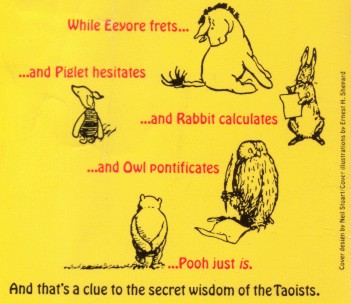In trying to make sense of Henry IV, I’m forced to confront larger issues that drive much deeper but are merely tangential to the play. For instance, how much should the truth matter, especially when these works in particular are called the histories?
I have touched on this subject while reading Richard III. But now it rears its ugly head again in a big way and I’m not sure what to make of it. Isaac Asimov, for instance, points out that Prince Hal and Hotspur enjoyed more of a father-son relationship than that of rival brothers. In fact, Hotspur was two years older than King Edward himself.
It seems Shakespeare couldn’t resist making changes that any modern screenwriter would nod and sympathize with. These are the very points of contention that critics and fans of the novel (or historical accuracy) will inevitably bring up while slamming the said work with such comments as, “This isn’t anything like the book,” or, “That’s not how it happened.”
Well, Edward IV is another example of this, only by now so much time has passed that the actual history serves almost as a footnote, a marginal amendment applicable to scholars and wonks only. For the rest of the civilized world, what Shakespeare dramatized has become the gold standard, interchangeable for truth. But should we be concerned about that?
One could argue that, in making the changes, Shakespeare aspired for dramatic truth – a different form of truth, naturally, but the one nearest to his heart and talents as a playwright. Why should he concern himself with getting all the niggling details correct? Especially when that would mean the sacrifice of a good metaphor, irony or parallel construction. Fudge here, compress there. That’s how the game works. And any reasonably literate audience ought to know that.
So why bother calling them the histories then? Why not fictionalize them entirely, invent characters wholecloth or “based on a true story” instead of trying to have it both ways by capitalizing on the general public’s vague understanding of real events and then distorting them with hyperstylized dialogue and action?
Ultimately, I cannot escape the gravity of this rhetorical black hole. Shakespeare wrote the plays that we call the histories which historians know are based on errors of source and errors of choice. But then there are the plays, masterpieces unto themselves. Why rail at Shakespeare when we can benefit from both with a little education or insight?











